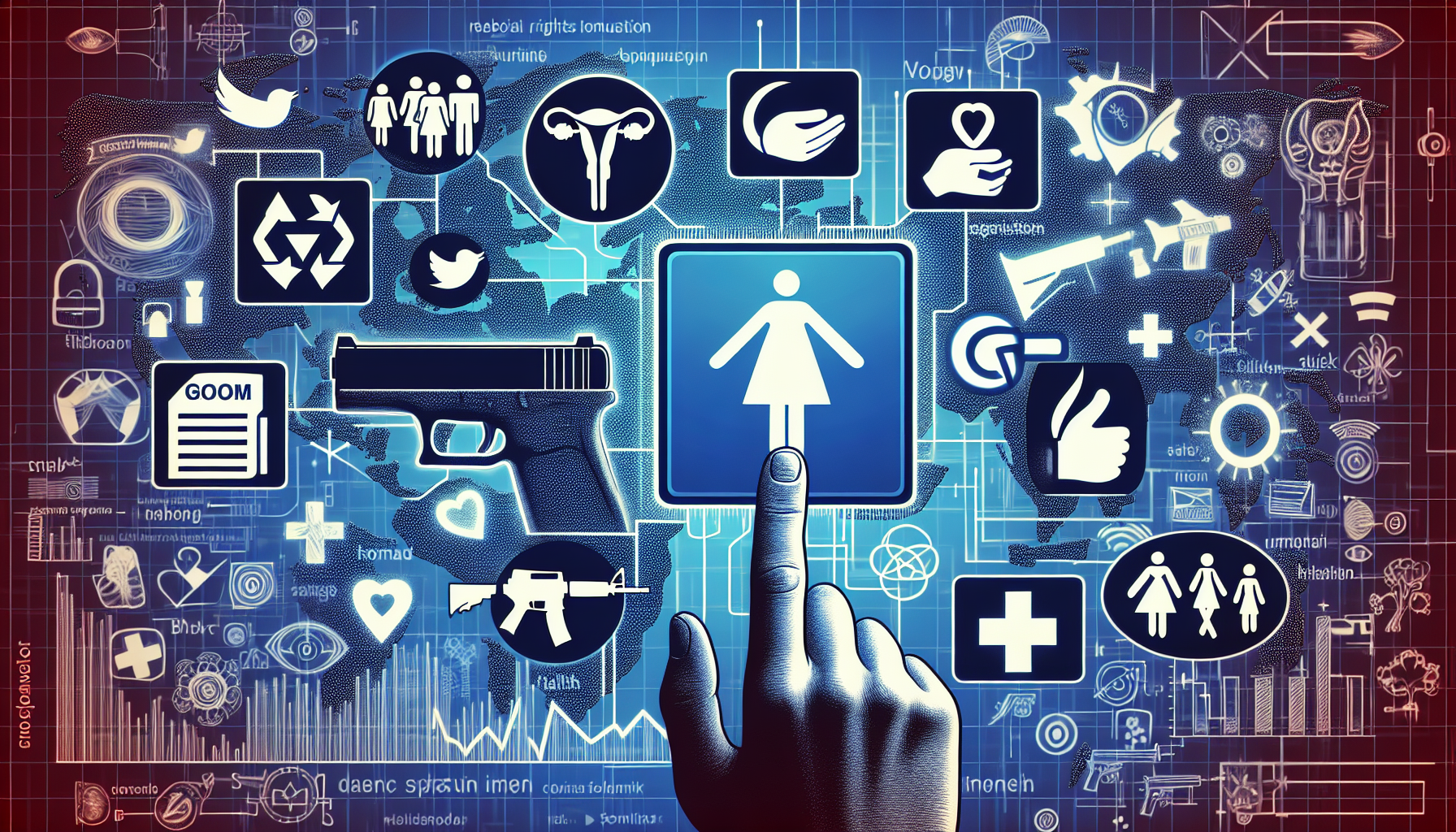 ## DOJ Opposes TikTok’s Legal Challenge Amid National Security Warnings
## DOJ Opposes TikTok’s Legal Challenge Amid National Security Warnings
Overview of the TikTok Ban
The ongoing conflict between TikTok and the U.S. administration has taken another striking twist. On Friday evening, the Department of Justice (DOJ) urged a federal court to dismiss TikTok’s effort to invalidate a law that could potentially prohibit the app within the United States. This statute requires ByteDance, TikTok’s parent company based in China, to divest the app or risk a ban. President Biden enacted this legislation in April, citing concerns over national security.
National Security Issues
Charges Against TikTok
The DOJ’s submissions to the U.S. Court of Appeals for the DC Circuit underscore numerous troubling charges. A prominent allegation claims that a search functionality in Lark, the web-based system utilized by ByteDance and TikTok staff, permits the collection of extensive user data. This data encompasses users’ opinions on sensitive subjects such as gun control, abortion, and religious beliefs. The DOJ contends that this capability represents a considerable threat to national security.
Risks of Content Manipulation
Another significant issue pointed out by the DOJ is the risk of content modification. There are concerns that TikTok might be used to sway U.S. users by altering the material they are exposed to, which could lead to extensive consequences, especially regarding political and social matters.
Data Storage Risks
Concerns have also been raised about the safeguarding of confidential data on servers located in China. The apprehension is that this information might be obtainable by the Chinese government, endangering U.S. national security.
TikTok’s Reaction
Rejection of Claims
TikTok has firmly refuted the claims that it threatens national security. The company contends that the attempts to prohibit it are “unconstitutional.” In its recent statement shared on X (previously Twitter), TikTok asserted, “Nothing in this brief alters the reality that the Constitution supports our stance.”
Ongoing Legal Fight
TikTok’s legal struggle against the U.S. government began in May when the company filed a petition to contest the recent legislation. The resolution of this legal conflict could greatly impact the future of the app in the United States.
Effects on Users
Privacy Issues
For users, the accusations against TikTok bring forth serious privacy issues. The notion that their opinions on sensitive issues could be collected and potentially wielded against them is concerning, especially in an age where data privacy is increasingly prioritized.
Possible Ban
A potential prohibition of TikTok in the U.S. would profoundly affect its millions of users. Many individuals depend on the app for entertainment, social engagement, and even business purposes. A ban would upend these functions, compelling users to seek alternative platforms.
Conclusion
The legal conflict between TikTok and the U.S. administration is far from resolved. With national security issues taking center stage, the outcome of this case may have considerable repercussions for both the app and its users. As developments unfold, it remains crucial to stay updated on the latest news.
Q&A Session
Q1: What are the primary national security issues raised by the DOJ regarding TikTok?
A1: The DOJ’s primary concerns encompass the gathering of extensive user data on sensitive themes, the risk of content manipulation, and the storage of confidential information on servers in China.
Q2: What is TikTok’s response to these claims?
A2: TikTok has denied the allegations, labeling the ban efforts as “unconstitutional.” The company insists that the Constitution supports its position.
Q3: What is the relevance of the search tool within Lark cited by the DOJ?
A3: The search tool within Lark is said to enable ByteDance and TikTok employees to accumulate extensive user data based on their content or opinions, generating major privacy and national security concerns.
Q4: What could be the consequences of a TikTok ban for its users?
A4: A ban would interfere with the activities of millions of users who utilize the app for entertainment, socializing, and business, forcing them to explore other platforms.
Q5: What is the current situation regarding TikTok’s legal confrontation with the U.S. government?
A5: TikTok’s legal battle is still ongoing. The company filed a petition in May to contest the new law, while the DOJ has recently called on a federal court to dismiss this challenge.
Q6: Why is data storage in Chinese servers a concern?
A6: The worry is that sensitive data stored in China might be available to the Chinese government, posing a threat to U.S. national security.
Q7: How might the potential for content manipulation impact U.S. users?
A7: Content manipulation could affect U.S. users by changing the material they view, which could have widespread implications, particularly concerning political and social issues.